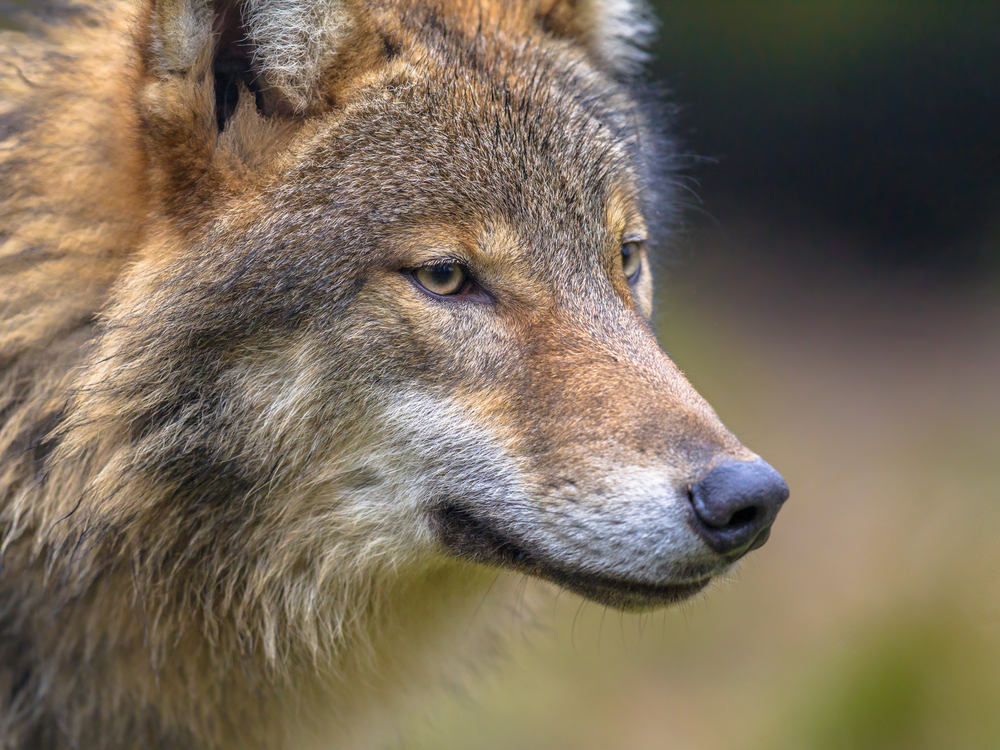Dutch wolf population tops 100, 55 cubs born this year

At least 55 wolf cubs were born in the Netherlands this year, most of whom are in the Veluwe heathland region, according to wolf monitoring body BIJ12.
In one pack, in the southwest of the Veluwe, no fewer than 11 cubs were born although not all may still be alive, BIJ12 said. A wolf produces an average of six or seven cubs a year.
The Netherlands is known to have 11 wolf packs and several lone wolves, one of which caused panic in the Utrechtse Heuvelrug area area earlier this summer. In 2021, there was just one pack, in 2022 four and last year nine.
In total, the Netherlands is home to between 104 and 124 wolves, BIJ12 said. The figure is an estimate because some many have died and others may have left the country. The population is monitored via cameras and DNA.
The report also shows wolves were proved to have been involved in 190 attacks on farm and domestic animals in four months to mid May this year.
BIJ12 said earlier that few of the farmers involved had taken steps to protect their flocks, such as installing wolf-proof fences or other preventative measures, despite provincial subsidies of up to €20,000 for electrified fencing.
Farmers are compensated for the loss of their animals.
The comeback of the wolf, which had been absent in the Netherlands for 200 years, has been mired in controversy.
The provincial authorities have been struggling to come up with measures to deter wolf attacks or keep away wolves that have become too used to people, all of which have floundered because of the animal’s protected status.
Farmers’ party and coalition partner BBB, which has been lobbying to restrict the wolves’ protected status, recently called for a “wolf-free zone the size of the Netherlands”.
Thank you for donating to DutchNews.nl.
We could not provide the Dutch News service, and keep it free of charge, without the generous support of our readers. Your donations allow us to report on issues you tell us matter, and provide you with a summary of the most important Dutch news each day.
Make a donation